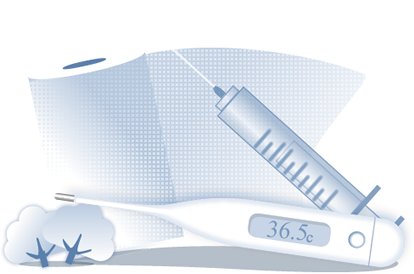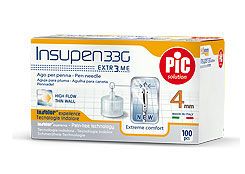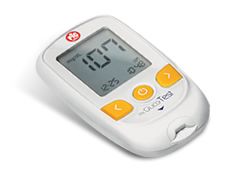
All the different types of diabetes
Diabetes comes in many different forms: some more serious, like Type 1 diabetes, while others are more common, like diabetes Type 2 or those connected with pregnancy, like gestational diabetes. All these different types of this condition have one thing in common: hyperglycemia, an excess of sugar in the blood.
Diabetes is a disease that occurs when the metabolism doesn't function properly, most importantly in producing insulin, which is a hormone released by the cells of the pancreas that are necessary for absorbing sugar.
The different types of diabetes
There are various types of diabetes: from the most common Type 2 diabetes, to some of the most rare, like Type 1, gestational diabetes or a secondary form that occurs as a result of surgical procedures, alcoholism and the use of drugs. All these types of diabetes have at least one common denominator: a lack of insulin and hyperglycemia, an uncontrolled level of sugar in the blood.
Type 1 diabetes happens because of the immune system
Type 1 diabetes is the rarest and most serious form of the condition: 2-3 Italians in 1000 have it on average. The main culprit is the immune system, the body's defense mechanism. With Type 1 diabetes, the immune system doesn't recognize the cells that release insulin and destroys them, mistakenly eliminating this hormone that is so crucial to the human body. Onset of Type 1 diabetes is more common in adolescence and young people, although it can happen at any age. It can also occur after a viral infection.
Type 2 diabetes is the most common form
Type 2 diabetes is much more common than Type 1. In the absence of a definitive answer from medical science, Type 2 diabetes is often associated with obesity or a regularly unhealthy lifestyle. Type 2 diabetes originates when the cells in the pancreas do not produce a sufficient amount of insulin, and is currently on the rise, usually in people of middle age, but also in young people.
Gestational diabetes, a female variation
As opposed to Types 1 and 2, gestational diabetes is linked to pregnancy. It's an issue affecting women that happens as a result of an hormonal dysfunction in the production of insulin, or it can also be an inherited condition. Usually, sugar levels in the blood are restored to normal after giving birth, but gestational diabetes is also a factor that can increase the likelihood of developing Type 2 diabetes in later life.
Secondary types... but not that many
As well as diabetes Types 1 and 2, and gestational diabetes, there are also other types of this condition to be found in the vast dictionary of medicine. These include, for example, those forms of diabetes that occur as a result of surgical procedures or of inflammation of the pancreas that damage the cells that produce insulin. And of course, we can't forget diabetes caused by alcoholism, which is when the metabolic system is literally poisoned.










